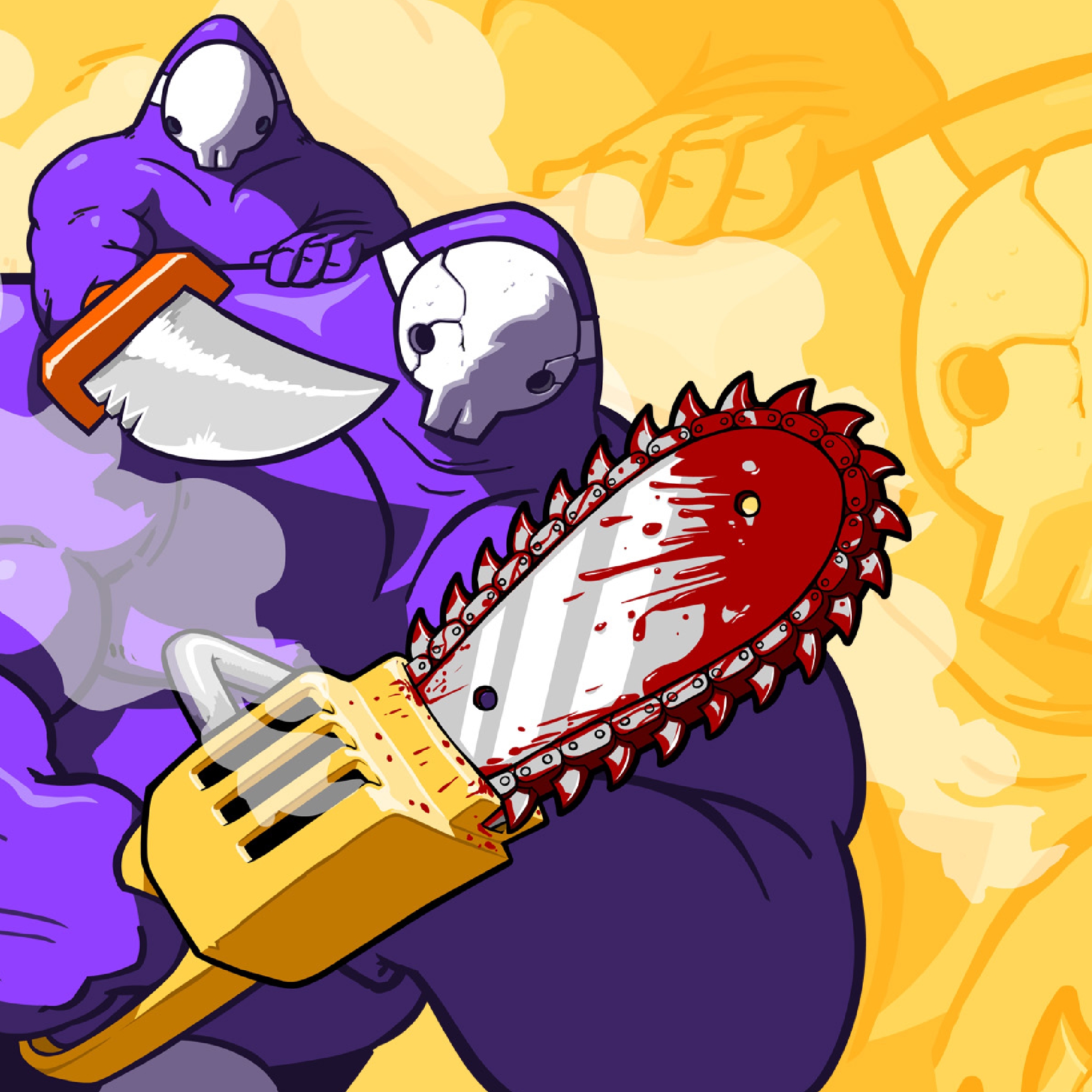Ed Tech Cartoons
News Sports Entertainment Life Money Tech Travel Opinion. Political Cartoons. Herd immunity: Today's Toon. January editorial cartoon gallery. Editorial cartoons on education. Education & Tech » Technology Traffic & Space Flight Mechanics. Lockdown shutdown lok lokomotive lokdown bahnhof paris unfall eisenbahn eisenbahnunfall zug corona covid virus epidemie pandemie seuche ausgangssperre ausgangsregeln pischel. The Educational Technology course is designed to prepare teachers for all different grade levels with skills, concepts and understanding among other skills to integrate technology in their lessons to enhance learning as well as to make learning more effective.
Capturing the attention of and engaging pupils during lessons is at times challenging and frustrating. Yet this is important if pupils are to benefit from the lessons taught. One teacher used cartoons during a Science lesson and found that her pupils not only enjoyed themselves but also gained a better understanding of the concepts. So what is the appeal of cartoons?
- What are concept cartoons?
- What are the benefits of using concept cartoons?
- How can cartoons be used to clear misconceptions in Science?
Stickman sam 4. Science concepts are often abstract and difficult to grasp, especially for children. And when teachers try to explain them in as simple a manner as possible, they run the danger of oversimplifying these concepts.
It is also common for pupils to develop misconceptions about these concepts. How then can we help our pupils to fully comprehend complex science topics?
One teacher decided to use cartoons to help her Primary 4 class learn about Matter. Ms Farah Aida Rahmat, who was then teaching at Pasir Ris Primary School, also tried to observe and document its effectiveness through action research.
Ms Farah made use of “concept cartoons” in her lesson. Concept cartoons are “cartoon-style drawings presenting characters with different viewpoints around a particular situation” (Roesky & Kennepohl, 2008, p. 1355).
According to researchers Brenda Keogh and Stuart Naylor (1999), concept cartoons are extremely versatile as a teaching strategy. They may be employed across subjects, such as in the development of reading skills in English, or the teaching of problem solving in Math.
Concept cartoons may be also used at different stages of a lesson – as a trigger to get students to tune in, as an activity to elicit pupils’ responses and generate discussion, or as a means of summarizing the topic at the end.
Ms Farah found such cartoons particularly useful for clearing up her pupils’ misconceptions about the Science topic, Matter.
“[This action research] made me think critically about how my pupils make connections between what they know and what is being taught to them.”
This was what Ms Farah noted as she reflected on her action research. She carried out her research at Pasir Ris Primary with the support of the Science and Health Education Department.
The purpose of this action research project was to observe the impact of concept cartoons as a teaching strategy. In particular, she was interested in its effectiveness in addressing misconceptions that would arise in the learning of a new topic.
Ms Farah worked with a Primary 4 class of 40 high-ability pupils. She taught two lessons on the topic of Matter and the pupils made a presentation during the third lesson. The lessons were modelled on the 5E-inquiry model of teaching and learning. Concept cartoons were used at different stages of the learning – the Engagement, Exploration, Explanation, Elaboration and Evaluation stages.
At the end of the study, she observed that her pupils benefitted from the use of concept cartoons in her teaching. The pupils managed to clear up misunderstandings about the topic. And, most importantly, they thoroughly enjoyed themselves! Visual primary sources.
“When my pupils enjoy themselves while learning, they seem to learn more,” noted Ms Farah. “Their engagement throughout the learning journey is essential to the success of their own learning.”
Clearly, there are many benefits of using concept cartoons.
- Grabs attention
Kids and adults alike like cartoons. They usually associate cartoons with fun and humour. Concept cartoons thus provide an appealing and non-threatening way to represent ideas. Pupils are more likely to be enthusiastic towards the activity to come and will then be more focused and receptive to learning. - Generates participation
In cartoons, the ideas have to be presented succinctly. These ideas can be so thought-provoking that pupils are drawn into “participating” in the dialogue by “becoming” one of the characters, giving rise to vibrant class discussions. The lesson thus becomes more interactive and student-centred as pupils are actively involved in their learning. - Develops skills
During discussion of the concept cartoons, pupils have to verbalize their ideas and thoughts. They are motivated to take a stand on the different ideas presented. If they disagree, they may present and defend their points of view. This process allows teachers to gain important insights into their pupils’ understanding. Participating in such discussion also lets pupils hone their communication skills.
(Source: Keogh & Naylor, 1999, p. 433)
The concept cartoon above was developed to address the misconception that “some materials have the property of making things warm” (from https://www.conceptcartoons.com/). Each character in the cartoon conveys a particular idea “spoken” in the speech bubble.
The cartoon is useful as a teaching tool to invite pupils to voice out their opinions and provide reasons for their ideas. The informal nature of concept cartoons encourages pupils to present their views without fear of being judged. This opens up an opportunity for teachers to probe and clarify their pupils’ thoughts on the topic.
Here are some tips for developing your own concept cartoons:
- Base cartoon characters on people or icons that pupils are familiar with
- Choose a context for the cartoons that is familiar to the pupils
- Minimize text used to present the concept
- Concepts or ideas should relate to one central idea or word (Keogh & Naylor, 1999)
Visit the Concept Cartoons website to learn more about concept cartoons and how you can use them in your classroom.
References
Keogh, B., & Naylor, S. (1999). Concept cartoons, teaching and learning in science: An evaluation. International Journal of Science Education, 21(4), 431-446.
Keogh, B., Naylor, S., & Downing, B. (2003). Children’s interactions in the classroom: Argumentation in primary science. Paper presented at the European Science Education Research Association Conference, Noordwijkerhout, The Netherlands.
Rahmat, F. A. (2009). Use of concept cartoons as a strategy to address pupils’ misconceptions in primary four science topic on matter. In A. L. Tan, H. M. Wong, & S.,
Tan (Eds.), Action research: Empowering my practice in teaching science (pp. 11-37). Singapore: National Institute of Education and Science Exploria, East Zone Centre of Excellence for Primary Science.
Roesky, H. W., & Kennepolh, D. (2008). Drawing attention with chemistry cartoons. Journal of Chemical Education, 85(10), 1355-1360.
Teacher Cartoons
30 Photos
Rules / Regulations

9 Photos
Report Cards / Grades
11 Photos
Math, Science Cartoons
63 Photos
Language, Grammar
12 Photos
Homework
24 Photos
High School / College
85 Photos
Graduation Cartoons
17 Photos
Elementary School
68 Photos
Education Technology
31 Photos
Books / Reading
Edtech Cartoons Cartoon
70 Photos
Misc. Education
235 Photos
Education Cartoons by Randy Glasbergen.
My Education Cartoons are available at budget-friendly rates for magazines, newspapers, books, presentations, newsletters, websites, social media, greeting cards, advertising, calendars, textbooks, any kind of print or electronic media. To use a cartoon from my website, please contact me for authorization and a rate quote.
(Click any image below to enlarge gallery)The cartoons on this site are copyrighted by Randy Glasbergen and may not be used for any purpose without permission.
Education cartoons by Randy Glasbergen.
My online cartoon catalog offers a wide assortment of education cartoon topics: cartoons about education technology, cartoons about computers in the classroom, cartoons about elementary education, cartoons about high school education, cartoons about college, cartoons about tuition, cartoons about homework, cartoons about report cards, cartoons about grades, cartoons about testing, math cartoons, science cartoons, cartoons about language, cartoons about grammar, cartoons about teachers, cartoons about student teachers, cartoons about school safety, cartoons about school security, cartoons about school policy, cartoons about school administration, cartoons about school principle, cartoons about students, cartoons about book reports, cartoons about plagiarism, cartoons about Wikipedia, cartoons about the Internet, cartoons about Google, cartoons about continuing education, cartoons about tutoring, cartoons about school activities, cartoons about graduation, cartoons about school awards, cartoons about tenure, cartoons about school uniforms.
Published by many education magazines and textbook publishers, including Scholastic Scope, My Weekly Reader, Phi Delta Kappan, New York Teacher, ATA News, Teen Newsweek, McGraw-Hill, Oxford University Press, Pearson Education, John Wiley & Sons, Cengage Learning, Bedford St. Martins, Longman Publishers, Hodder Edcucation, Nelson Education, Kendall Hunt Publishing and many others.
Edtech Cartoons Funny
Rates are based on usage and each request is answered personally.E-mail: randy@glasbergen.com
Edtech Cartoons Youtube
Education Cartoons by Randy Glasbergen.

